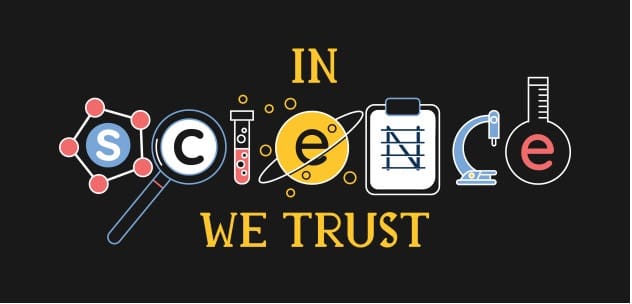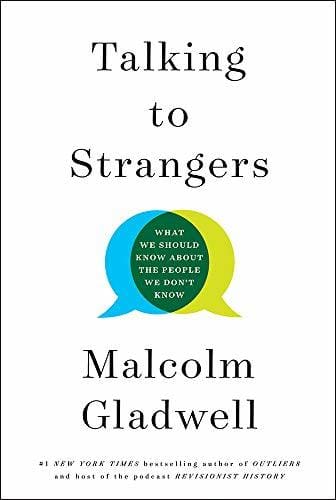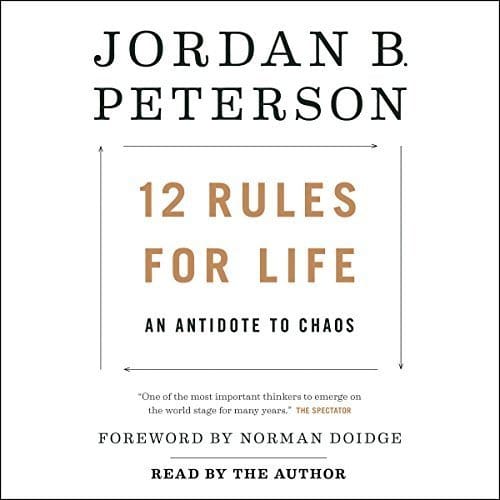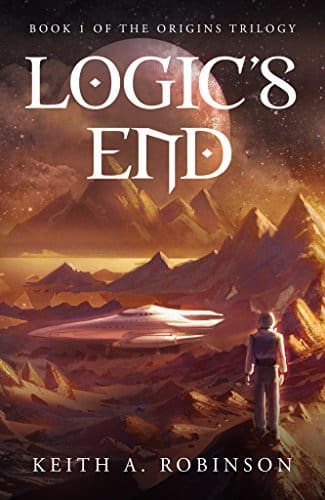
by Jay Medenwaldt | Sep 29, 2019 | Apologetics, Evangelism, Philosophy, Psychological Apologetics, Science
One of my favorite things I get to do as an apologist is answer questions on behalf of Reasonable Faith. I recently received a question that I’ve been thinking about in greater detail since I answered it. The person was wondering if it is reasonable to have...

by Jay Medenwaldt | Sep 24, 2019 | Apologetics, Book Review, Evangelism, Psychological Apologetics, Psychology
Talking to Strangers: What We Should Know about the People We Don’t Know by Malcolm GladwellMy rating: 5 of 5 stars I wanted to read this book because Malcolm Gladwell is such a great conversationalist and writer that I was sure what he had to say...

by Jay Medenwaldt | Sep 23, 2019 | Book Review, Marriage, Parenting, Psychological Apologetics, Psychology
12 Rules for Life: An Antidote to Chaos by Jordan B. PetersonMy rating: 5 of 5 stars Jordan Peterson came to fame rather suddenly a few years ago because of a political controversy, but he’s more than just a pop-sensation. He’s a legitimate...

by Jay Medenwaldt | Sep 22, 2019 | Book Review, Psychological Apologetics, Science
Logic’s End by Keith A. RobinsonMy rating: 3 of 5 stars This book is an apologetics fiction book and I was super excited to read it, but at the same time, I didn’t have very high expectations. Overall, I’m a bit torn on my thoughts...





